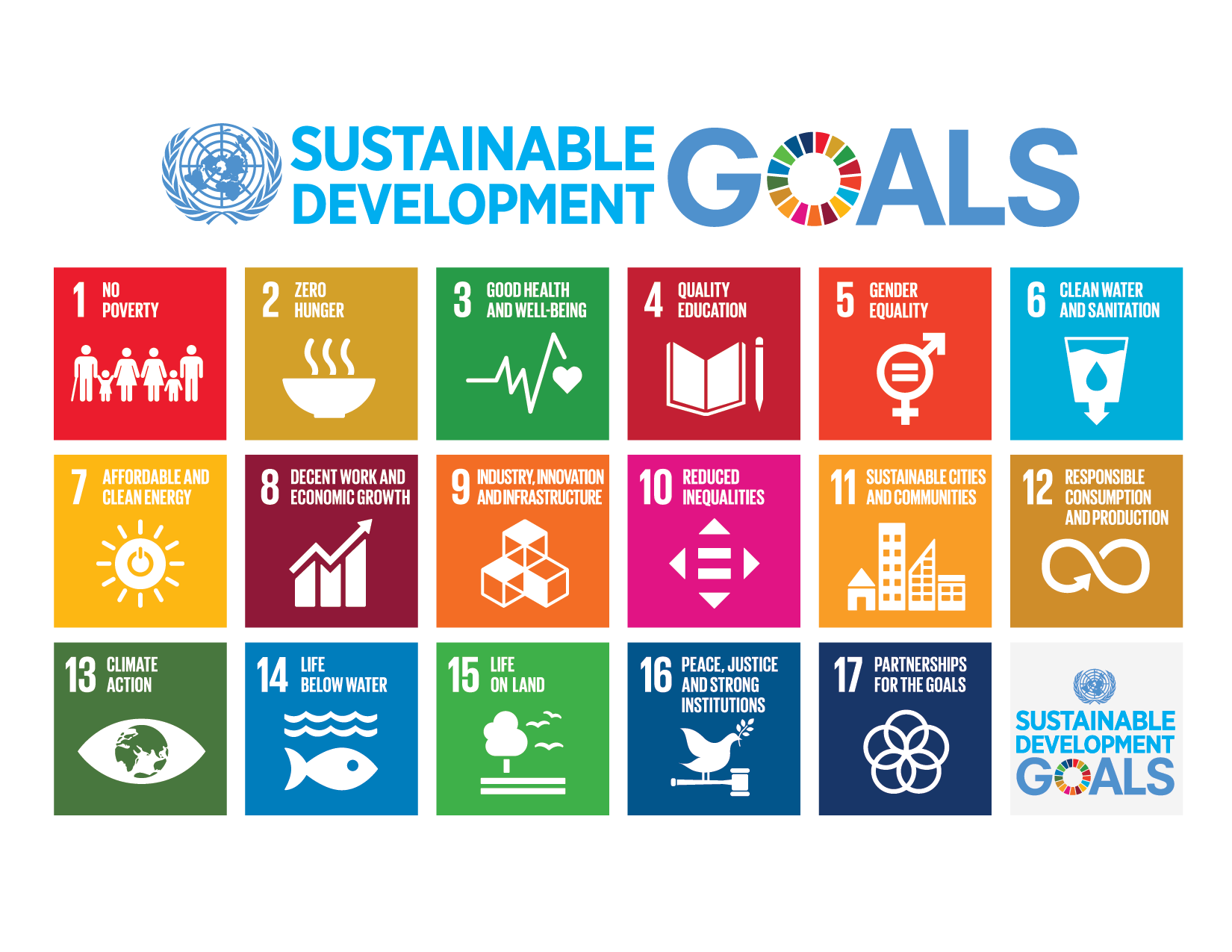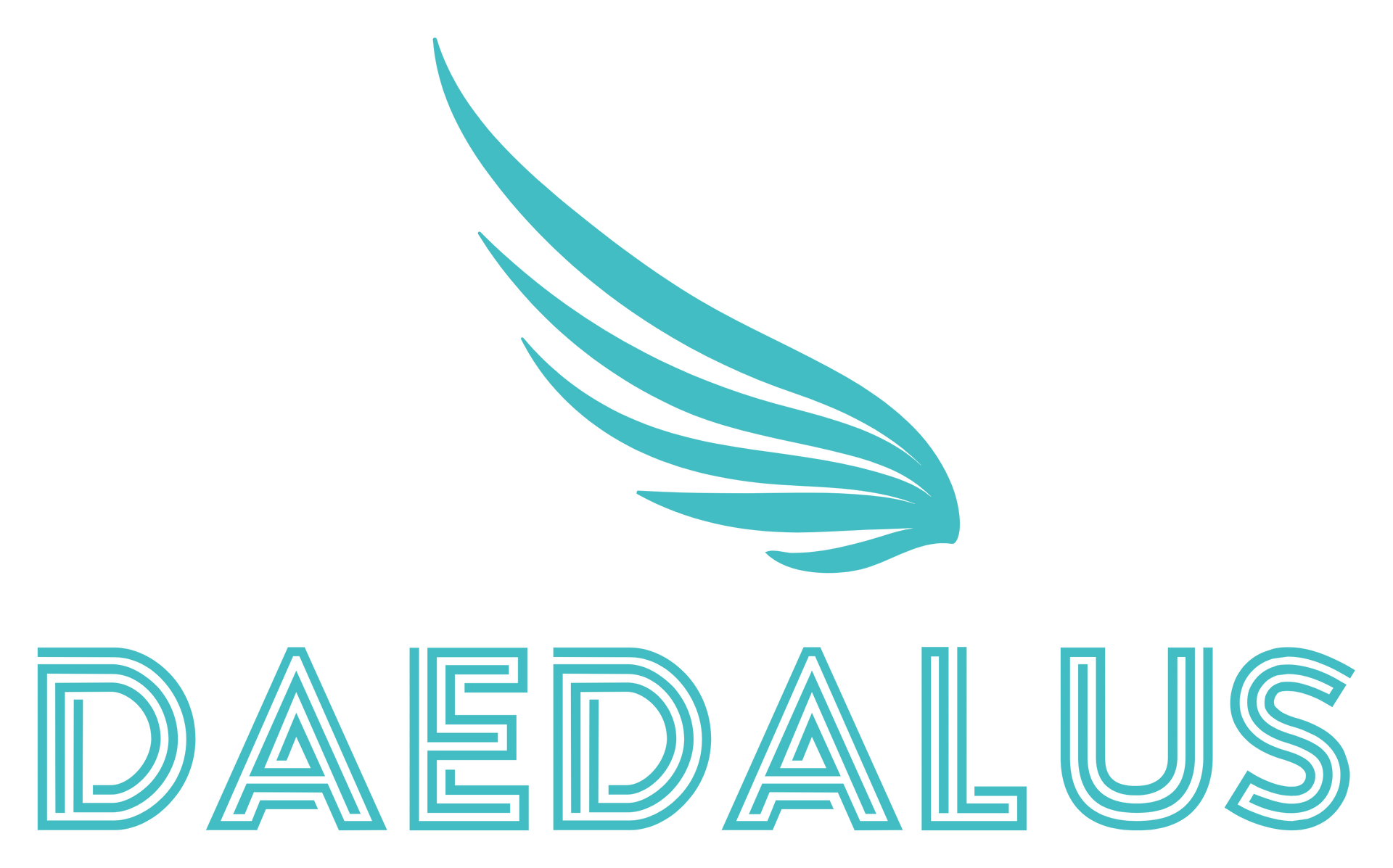What is Sustainability?
Sustainability means meeting the needs of people today in a way that does not compromise the ability of future generations—that is, our children and grandchildren—to meet their own survival and development needs.
Our generation bears the greatest responsibility to correct the massive mistakes of previous generations, who have left us with numerous environmental challenges.
The three Pillars of Sustainability
Environmental Sustainability: Using the Earth’s resources in a way that allows enough time for nature to replenish them as we use them.
Economic Sustainability: The practice of preserving natural and economic resources to create long-term economic stability. This includes ensuring continued access to the economy for all people.
Social Sustainability: Ensuring that all individuals have access to the resources and financial means they need without facing exploitation or discrimination of any kind.
The 17 Sustainable Development Goals (SDGs)
In September 2015, the United Nations General Assembly adopted a historic decision in New York—an agreement that would impact the lives of millions.
It marked the adoption of 17 Sustainable Development Goals (SDGs), which address today’s global challenges and aim to mobilize all countries in tackling them.
More than 190 world leaders committed to transforming our world into one free of poverty, hunger, and inequality—a world of decent work, quality education, and peace, free from the threat of climate change. A world that considers not only the needs of the present but also of future generations.

What is CSR?
Corporate Social Responsibility (CSR) refers to business actions aimed at addressing environmental and social issues. Businesses are embedded in the communities where they operate and are both influenced by and influential on social and environmental factors. They must therefore recognize their responsibility to society and the planet.
CSR reflects respect for core values such as human dignity, equal opportunity, environmental stewardship, and improving quality of life.
Typical CSR initiatives include:
• Reducing a company’s carbon footprint
• Avoiding toxic chemicals
• Ethical operations and supply chains
• Equal employment opportunities
• Social inclusion
• Community engagement
• Board-level diversity
STEM Racing with Responsibility
♻️ Waste Reduction
We systematically minimize material waste by optimizing CAD design and precision CNC or 3D printing. Every component is modelled for reusability and efficiency—reducing scrap and energy consumption from prototype to final car.
🌱Recyclable Materials
We prioritize eco-friendly materials like recycled composites and bio‑based plastics. Our packaging and spare part selection follow circular economy principles, lowering both project and environmental impact.
🛠️ Low‑Impact Production
By combining advanced additive manufacturing with precision machining, we limit offcuts and maximize resource efficiency. Our fabrication process ensures minimal environmental footprint without compromising performance.
🌍 Carbon Offsetting
All team travel emissions—including flights to regional and world events—are tracked and offset via certified programs. We transparently report our carbon balance as part of our commitment to ethical STEM racing.
Environmental Commitment
Sustainable Innovation
Building Community Through STEM and Inclusion
Our Commitment to Social Sustainability
At Daedalus Racing, we believe sustainability starts with people. By promoting inclusivity, mentorship, equity, and interschool collaboration, we create opportunities for youth to thrive through STEM racing — regardless of background, gender, or resources.
“Collaborating across three schools enriched my team journey—Daedalus Racing’s focus on inclusion fosters STEM equity and community growth.” – Team Member
Mentoring younger students through workshops and school visits has been rewarding. It’s inspiring to see how Daedalus Racing promotes diversity and equity in STEM, encouraging the next generation to pursue science and technology.
📊 Quantifiable Sustainability Achievements
Daedalus Racing rigorously monitors its environmental impact through detailed tracking of carbon emissions, waste reduction, and material sourcing. Over the past five months, we have steadily improved our sustainability performance by integrating data-driven strategies that minimize ecological footprint while advancing STEM racing innovation. Our commitment is reflected in measurable progress toward greener production and responsible resource use.
Decrease in total carbon emissions over five months
💼 Economic Sustainability
We cultivate sustainable sponsor relationships rooted in transparency and mutual benefit. Every resource—physical, digital, and intellectual—is reused across seasons to deliver high ROI and support continuous STEM team growth.
🔗 Eco-Friendly Racing Projects
Our hands-on initiatives integrate sustainable engineering and education—such as STEM workshops on green design, local collaborations on recycled parts, and awareness campaigns for eco-conscious racing.
Sustainable Car Design
Low-Waste Manufacturing
STEM Sustainability Workshops
Green Tech Collaborations
Partnering for Sustainable Innovation

